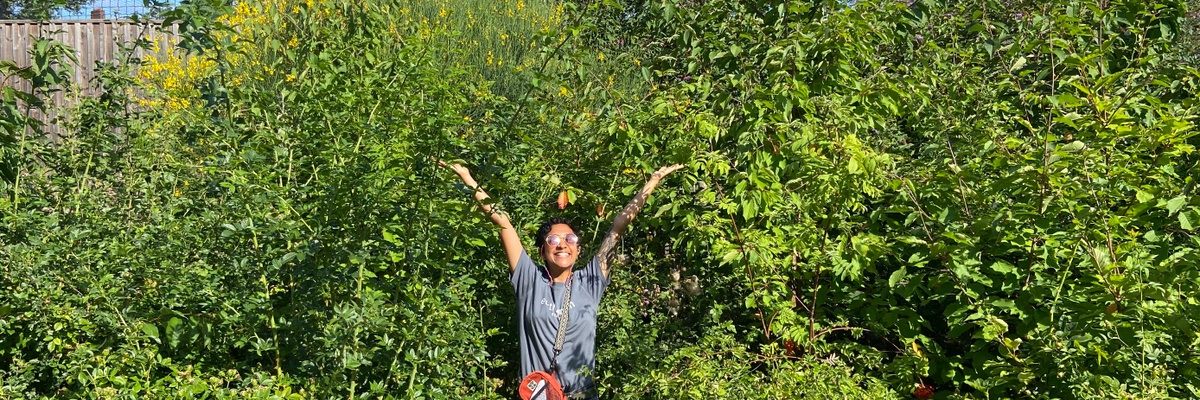

Small urban forests to green our cities and connect communities with nature
"Thank you for creating such a detailed project with activities suitable for all ages and abilities to engage with. The tree planting day was very well organised and educational. The science days and training sessions engaged everyone and provided...
Read more
Create your project page
Click the green start button to register and set up your project page. It’s quick, free and easy.
Complete a 30 Day Challenge
Complete simple steps in 30 days to get your project off the ground.
Activate your project
Follow the 5 Step Guide and your action plan to bring the project to life.
Share impact
Share impact by posting a summary and photos and completing a survey.
Great for
Time
Suggested: Earthwatch will deliver 1.5 days of online training. There are then a number of steps to go through to create a Tiny Forest, typically over a 10-week period in the lead up to planting. This includes site assessment and soil surveying, tree species selection, forest design, community consultation, soil preparation and then planting (between October-March). After planting activities will be run to engage the community in maintaining and monitoring the forest.
More information on how to get started and any resources shared by the Tiny Forest in Germany
Welcome to Tiny Forest on ChangeX! We are excited to support a non-profit organisation, school or community in Germany to create their very own Tiny Forest! Find out here how you can bring more quality nature to your doorstep and take part in this innovative project.
